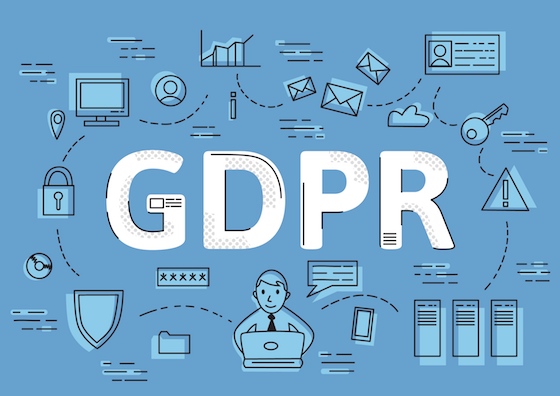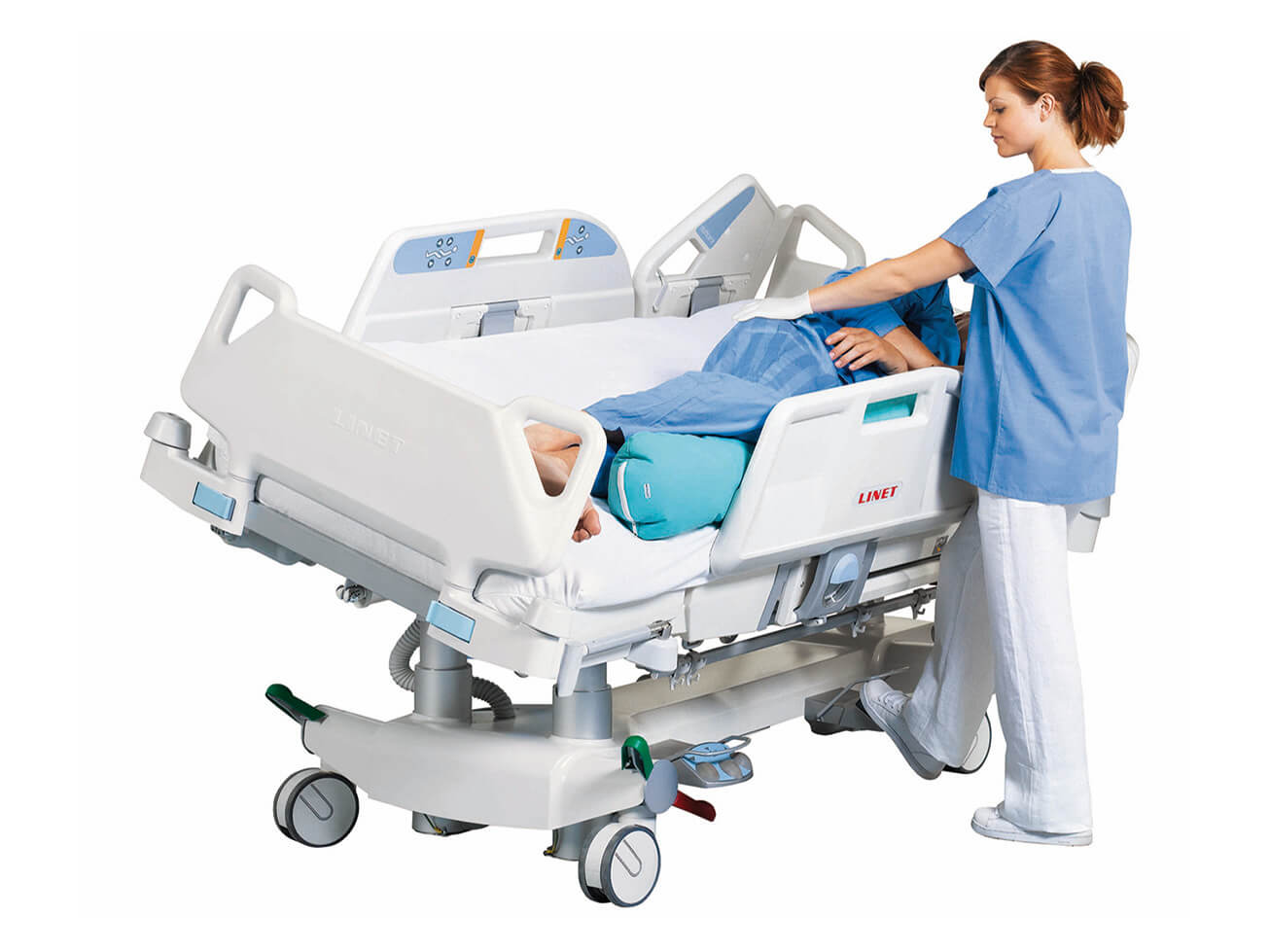
IoT, AI and Cybersecurity Are Transforming Healthcare: Here's How
Technological advances are being made on a daily basis with one goal in mind – simplifying our daily lives. Everyone now owns a computer and smartphone and thanks to the Internet, everyone has access to lots of different types of information. The medical field has benefitted greatly from this advancement in technology. Not only does it help simplify many processes which would otherwise be long and tedious to complete, it also gives doctors and the medical personnel a powerful tool which allows them to do their jobs with more security.
Minimizing waiting time
A very common problem in many hospitals and similar institutions is the long waiting time the patients have to endure until they are able to be examined by the right practitioner. Not only does it create a strain on the patients but also the staff, as they have to keep them calm and also get a lot of tasks done manually. One of the best applications of Artificial Intelligence in healthcare is helping the staff fill out forms based on the patients’ symptoms. Not only does this help the doctors get a better understanding and quick view of everyone’s condition, it also helps minimize waiting time as the AI technologies can help with choosing the people who are in most need of urgent medical care.
Making data collection an easier task
Another part of AI technologies which really plays an important role in healthcare is how it can help with data collection and storage. In the past, doctors had to sit down with the patients and create individual medical histories by hand, which would later on be files in their archives. “Creating medical histories by hand was always a difficult task for any medical professional. Not only was it easy to make mistakes, the chances of missing one or more details were always present and even the best of editors wouldn’t be able to find the missing pieces to this issue”, notes Phillip Smith, a professional editor for TrustMyPaper.
With the new technologies and the Internet of Things in hand, there are devices which allow doctors to record the entire conversation with a patient and then create a full medical history based on what was discussed. Along with that, all this information is now stored in an online file, accessible by every doctor the patient decides to visit.
Protecting personal information
Cyber security has come to play a very important role in the medical field for a number of reasons. First and foremost, it helps keep all the information stored in online databases safe and secure from any outsider. Medical confidentiality is very important in the field and this is the best way to keep it consistent.
There are many people all over the world who face silent diseases or ones that they are too embarrassed or scared to admit to family and friends. Cyber security allows them to feel safe about sharing their medical history with their doctors and
Better chances of correct diagnoses
As it was mentioned earlier, in the past, doctors had to manually create a patient’s history at the time of the consultation. Not only was that time consuming, but it was also not the most reliable, as the patient might have left out or forgotten some information which might have been vital to the practitioner in order to make a diagnosis or prescribe certain medications.
Since medical records are now being stored online, doctors don’t have to try as hard to remind patients of all their past medical experiences and they can simply access all that information online in a matter of seconds. Having all this information stored in one place makes it a lot easier for them to notice connections and differences between conditions and come to a right and certain conclusion.
At the end of the day, faults in diagnoses will continue to drop and patients will be administered more correct medication depending on their condition. This will help reduce expenses made by medical errors and also create a much more pleasant experience for the patients.

Portable and wearable healthcare devices
Artificial Intelligence and Internet of Things have really helped create devices which make patients’ lives a lot easier on a daily basis. Diabetic patients and those with heart conditions which required constant and precise measuring would have to do most of them manually, up until a few years ago.
Wearable healthcare devices have really become more and more popular in our day and time and save a lot of time and effort from both the patients’ and the doctors’ sides. Not only are they able to measure heart rates and insulin levels, but they are also capable of administering the right dosage of certain medications, needed for the patient’s wellbeing.
Along with that, cyber security has come to help by creating a safe ground for these devices to operate without any disturbances. As some of them can be affected by people in the same way as other electronic devices can, cyber security allows them to operate fully without leaving any space for man-made interruptions and mistakes.
Creating a better experience for everyone
Internet of Things, Artificial Intelligence and Cybersecurity all have been created in order to help doctors do their job with more ease and accuracy. Along with that, they help create a better experience for the patients and make their treatments a lot easier and pain-free.
In the future, as technologies advance, healthcare will become a lot more accessible and trustworthy for all patients, hopefully, all around the world.
Protecting personal information
Cyber security has come to play a very important role in the medical field for a number of reasons. First and foremost, it helps keep all the information stored in online databases safe and secure from any outsider, like this tool here. Medical confidentiality is very important in the field and this is the best way to keep it consistent."
Most Recent Articles
You Might Be Interested in Reading These Articles

Personal Data Deindetification: Anonymization
If you manage private data of any kind, you need to be familiar with the process of anonymization and how it can be used to keep the information you store safe from data breaches.
Published on April 16, 2018

How TeskaLabs Helps You Operate SCADA Systems Securely and Comply with Security Laws
Cyberspace does not have boundaries. The internet is a truly international community, and it takes just milliseconds to reach a data source on a whole different continent. The internet is therefore an open arena for cyberattacks from across the world, where anyone can try to break their way into someone else’s data. We can see this daily in the news or on the specialized ICT news servers- the attacks never stop.
Published on June 06, 2017

TeskaLabs helps LINET with cyber security compliance for medical devices
LINET is a major European manufacturer of hospital and nursing beds. The company´s portfolio includes solutions designed for intensive care, products for regular in-bed treatment, and also special beds for retirement homes and long-term care facilities.
Published on October 16, 2020
